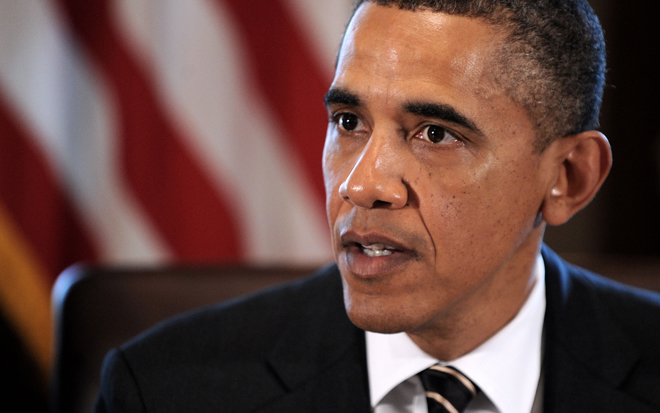Mitt Romney will probably have a harder time defending his intent to repeal the 2010 Dodd-Frank Wall Street reform law in the wake of JP Morgan’s stunning disclosure that it lost at least $2 billion betting on the economy.
But it also raises important substantive questions about the effectiveness of the new financial reforms themselves, particularly the one provision specifically intended to end just this sort of trading.
On a Friday conference call with reporters, Sens. Carl Levin (D-MI) and Jeff Merkley (D-OR) criticized regulators for writing a major loophole into the so-called Volcker Rule — meant to prevent banks from betting with depositor funds — at the behest of financial interests.
“It is inconsistent to create this kind of a major loophole,” Levin said, noting that it goes against the intent of the reforms Congress passed.
The law was designed to restrict banks from gambling with customer funds under the guise of “hedging,” while still allowing banks to make proprietary trades as hedges against specific investments. But it tasked Obama administration regulators with writing the restrictions, and as drafted those regulations would allow banks to hedge against broad losses by placing bets, such as JP Morgan’s, on things like economic growth and inflation.
This exception, Merkley noted, will allow banks to hide a “vast amount of proprietary trading.”
“The draft rules at this point are way too lax,” Merkley added. “They do not have the bright lines that are needed.
This came as no surprise to either senator, both of whom identified this and similar loopholes in early versions of the rule months ago.
“Banks could easily use portfolio-based hedging to mask proprietary trading,” they wrote in a February letter to regulators.
This is exactly what happened at JP Morgan — and is likely the reason why the company’s CEO Jamie Dimon claimed that the losing bets wouldn’t have run afoul of the Volcker Rule if it had been operational. The rule is intended to take effect in July, though Wall Street execs, including Dimon, have been pushing hard to delay implementation.
Merkley and Levin, along with outside reform advocates are seizing on the episode to strengthen the rule and bring greater scrutiny to Wall Street.
“Too-big-to-fail banks like JP Morgan, with trillions in assets and trillions more in high-risk investments and trading, require regulation and transparency,” said Dennis Kelleher, president of the advocacy group Better Markets, who is calling on the Department of Justice to appoint an independent counsel to investigate Morgan and Dimon. “This is yet another example of the need for the more than $700 trillion derivatives market to be brought into the light of financial regulation. That is the only thing that will reduce the risk these banks pose to the taxpayers, the financial system and the economy.”






